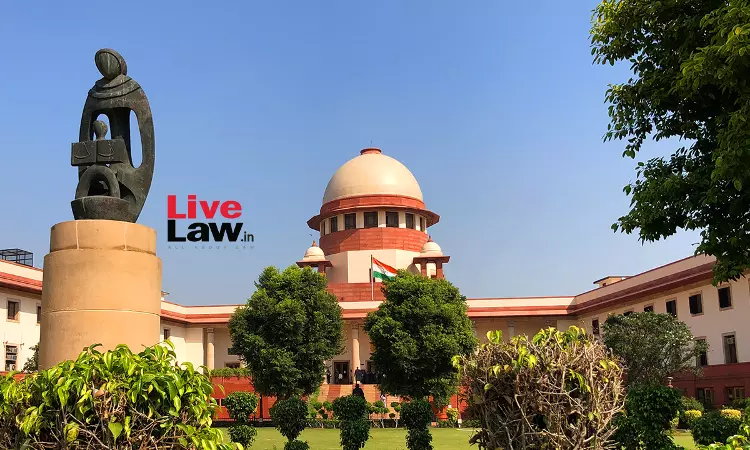Declaration Of Title Can Be Sought Based On Adverse Possession : Supreme Court Reiterates
Yash Mittal
3 Feb 2024 11:15 AM IST

Next Story
3 Feb 2024 11:15 AM IST
Recently, the Supreme Court reiterated that a suit for declaration of title based on the plea of an adverse possession can be filed by the plaintiff. Reversing the findings of the High Court, the Bench of Justices P.S. Narasimha and Aravind Kumar, while referring to the Judgment of Ravinder Kaur Grewal vs. Manjit Kaur observed that it is a settled position of law that a plaintiff can seek...
